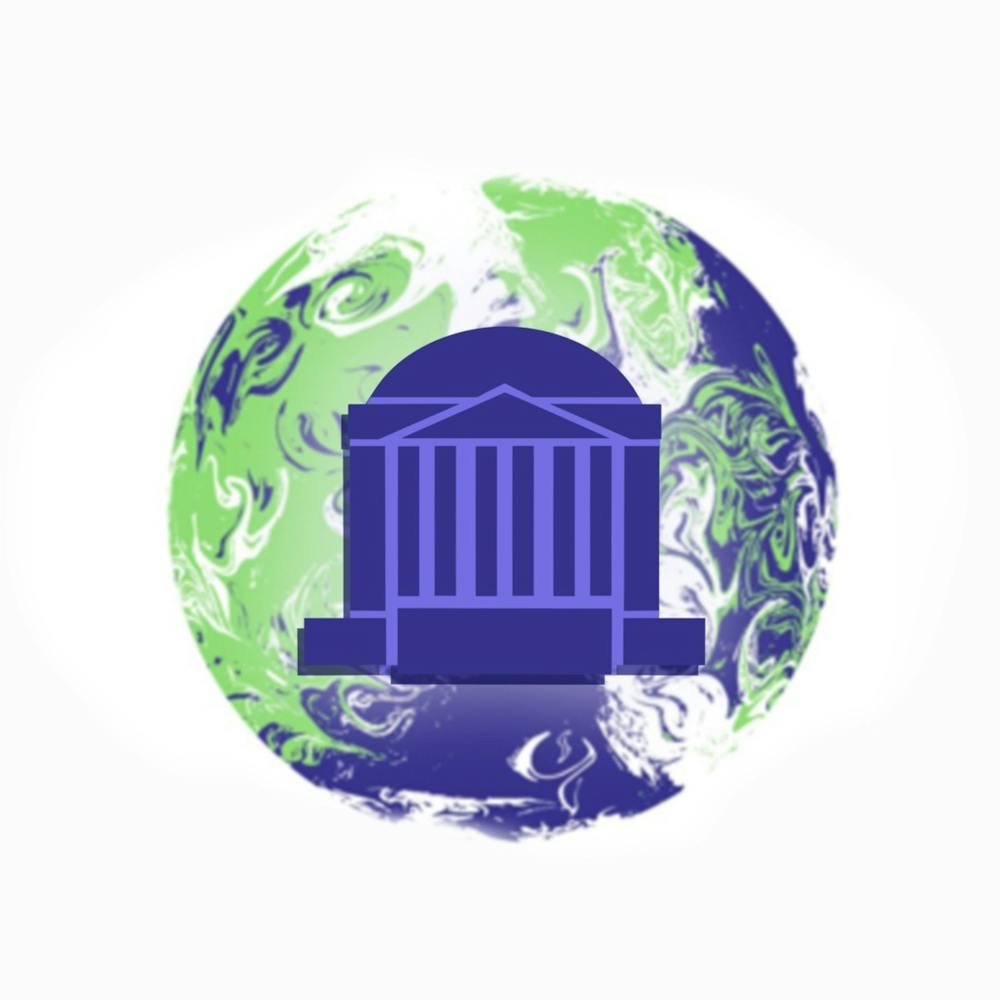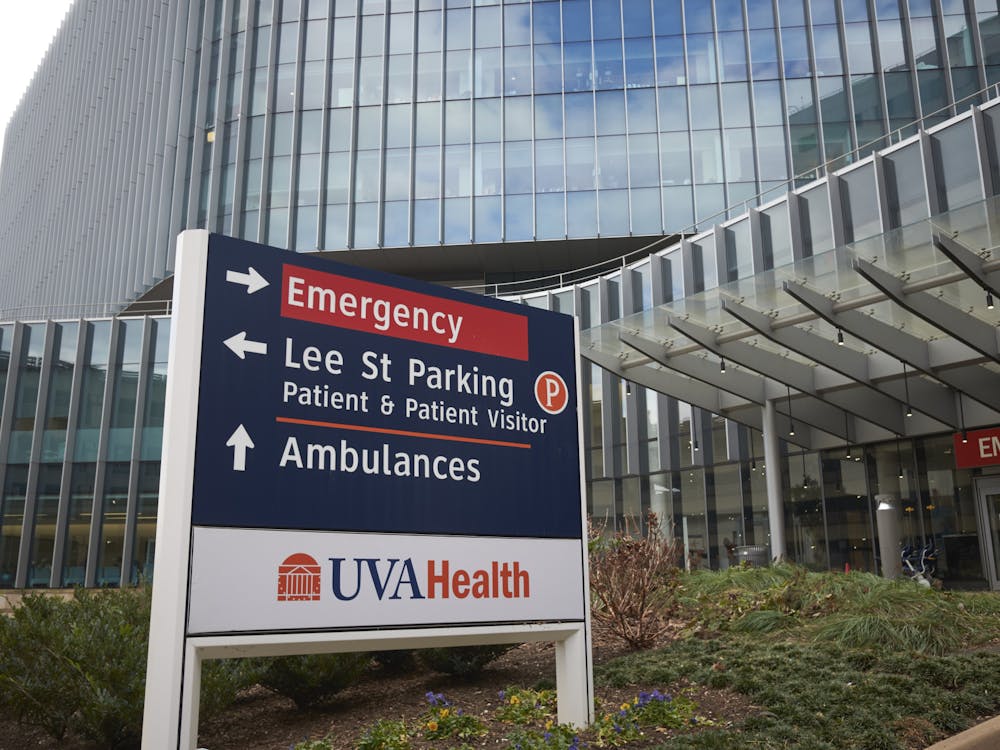World leaders gathered in Glasgow for the 26th annual United Nations Climate Change Conference of the Parties from Nov. 1 to 13 to discuss and create comprehensive plans for addressing climate change. Members of the University community shared their thoughts on the strides made at COP26, as well as the limitations of certain decisions.
By the end of the proceedings, the 197 signatories to the United Nations Framework Convention on Climate Change, which established an international treaty to prevent dangerous human interference in the climate, produced a landmark agreement — for the first time, these signatories identified fossil fuel as a cause of climate change and urged developed nations to double their funding for reducing emissions in the developing world.
The UKCOP26 promoted COP26 as the best last chance to address escalating climate change, as it builds on the steps taken at the 21st annual United Nations Climate Change Conference of the Parties, commonly known as the Paris Agreement. Under this international treaty, 191 countries and the European Union agreed to work toward limiting global warming to no more than 1.5 degrees Celsius by 2100. Countries also agreed to avoid or minimize the risk of climate-related damage by implementing early warning systems and restoring habitats for storm and flood defenses.
Environmental Science Prof. Scott Doney researches the relationship between climate change, the global carbon cycle and ocean ecology. He explained the goal of limiting global warming to 1.5 degrees draws on scientific studies exploring the damage to ecosystems, society and people.
“We're already seeing substantial impacts to the climate system — coral bleaching, droughts, increase in wildfires [and] heat waves,” Doney said. “1.5 degrees is not magical. Current problems will continue and probably will be exacerbated.”
While Doney noted that countries have pledged larger reductions in emissions, like India’s recent net-zero pledge by 2070, since the Paris Agreement, many climate topics — such as global equity, decarbonization funding and emissions reduction — were at issue in the lead-up to COP26 as countries were expected to increase their commitment and funding to better combat climate change.
In the days leading up to COP26, over 100 world leaders started the summit with a pledge to reduce methane emissions by 30 percent by 2030. If implemented, this pledge could help to avoid nearly 0.3 degrees Celsius of global warming by 2040.
Methane is a greenhouse gas that accounts for 20 percent of global emissions — second only to carbon dioxide in its abundance, according to the U.S. Environmental Protection Agency. However, methane is 25 times more potent than carbon dioxide in terms of trapping heat in the atmosphere.
Fourth-year College student Brooke Crouch is active in the student organization Veggies of Virginia, and worked for Turning Green, a San Francisco based environmental non-profit in 2019. Crouch explained what a reduction of methane emissions could mean for the environment.
“[The 30-30 Pledge] has been exciting to me, because there hasn't been a lot of talk at the international level of reducing greenhouse gases ... other than carbon dioxide,” Crouch said. “Methane is much more potent than CO2 so it has a really huge impact when it's emitted ... we can see large positives from emission reduction.”
In addition to reductions in emission, more than 100 countries pledged to end deforestation by 2030 during the summit. This pledge was a recognition of the crucial role that forests play in climate. When forests are cut down, they are no longer able to act as a carbon sink — in which a forest absorbs more carbon than it releases into the atmosphere — thereby contributing to climate change through their inability to sequester carbon dioxide.
Environmental Science Prof. Deborah Lawrence is a former science advisor for the Office of the Special Envoy for Climate Change in the U.S. State Department and researches the link between tropical deforestation and climate change. Lawrence explained that forests play a crucial role in regulating climates.
“Without our forests, we would already be a lot hotter, and [so] we've got to keep them [in] the ground,” Lawrence said.
Doney said deforestation is particularly concerning since it impacts primarily tropical countries in the global south that have a rich variety of species.
“Deforestation is not just a carbon cycle or climate issue,” Doney said. “It's also biodiversity and social equity.”
In an unprecedented push for reducing global emissions, a group of countries, cities and car manufacturers — including Ford and General Motors — explicitly recognized that internal combustion vehicles needed to be phased out by 2040. A number of major countries — including the U.S., China, Japan, South Korea and Germany — did not sign on to this pledge.
Another significant step at COP26 was the joint U.S.-China commitment to work together to significantly reduce their emissions of greenhouse gases — including the U.S. goal to reach 100 percent carbon pollution-free electricity by 2035 and China’s plan to phase out coal consumption. In 2019, the U.S. emitted approximately 5.1 billion metric tons of energy-related carbon dioxide, according to the U.S. Energy Information Administration. Additionally in 2020, China burned 3 billion tons of coal, according to the BBC.
“There was a worry that China was somehow stepping back,” Lawrence said. “I think [the joint commitment] is really important because without China, we cannot meet our goals.”
COP26 also included important discussions among delegates about the ongoing concern to address fairness — particularly in regard to financing — for developing nations, Lawrence said.
“One of the issues that still hasn't been fully resolved … [is] the extent that the developed world can provide funding to support actions [that] the global south needs to take to help them not only with addressing their emissions, but also adapting and trying to reduce the damages from climate change,” Doney said.
Despite the inclusion of fossil fuels and pledges made on methane and deforestation at COP26, certain world leaders and officials — including Secretary General Antonio Guterres — viewed the emissions reduction pledges as insufficient given the growing danger of climate change and the lack of actionable mechanisms to help at-risk and developing countries decarbonize and adapt to a warming world. Doney explained that while international pledges are significant, they do not represent actual policy.
“When countries come [to COP26] and make pledges, a lot of the really hard work goes on at the national [domestic] level to actually implement [these pledges],” Doney said. “It's one thing to say what you're going to do — it's another to actually act on it.”
At the regional and local level, the University has taken steps toward its own sustainable future. According to the University’s 2030 sustainability plan, the University aims to be carbon neutral by 2030 and fossil fuel-free by 2050.
These goals — which Lawrence described as an “ambitious” — have been met with some disappointment from Crouch, who believes more action is necessary.
“Our targets should be bigger, bolder,” Crouch said.
Crouch ultimately believes these goals are a step forward, but that students should do all they can to keep pushing those in power to take climate action.
“Writing letters to the editor about issues you care about, calling and writing to your representatives, meeting with your representatives, joining local advocacy groups — they might be small actions, but they do add up to a much larger impact,” Crouch said.





